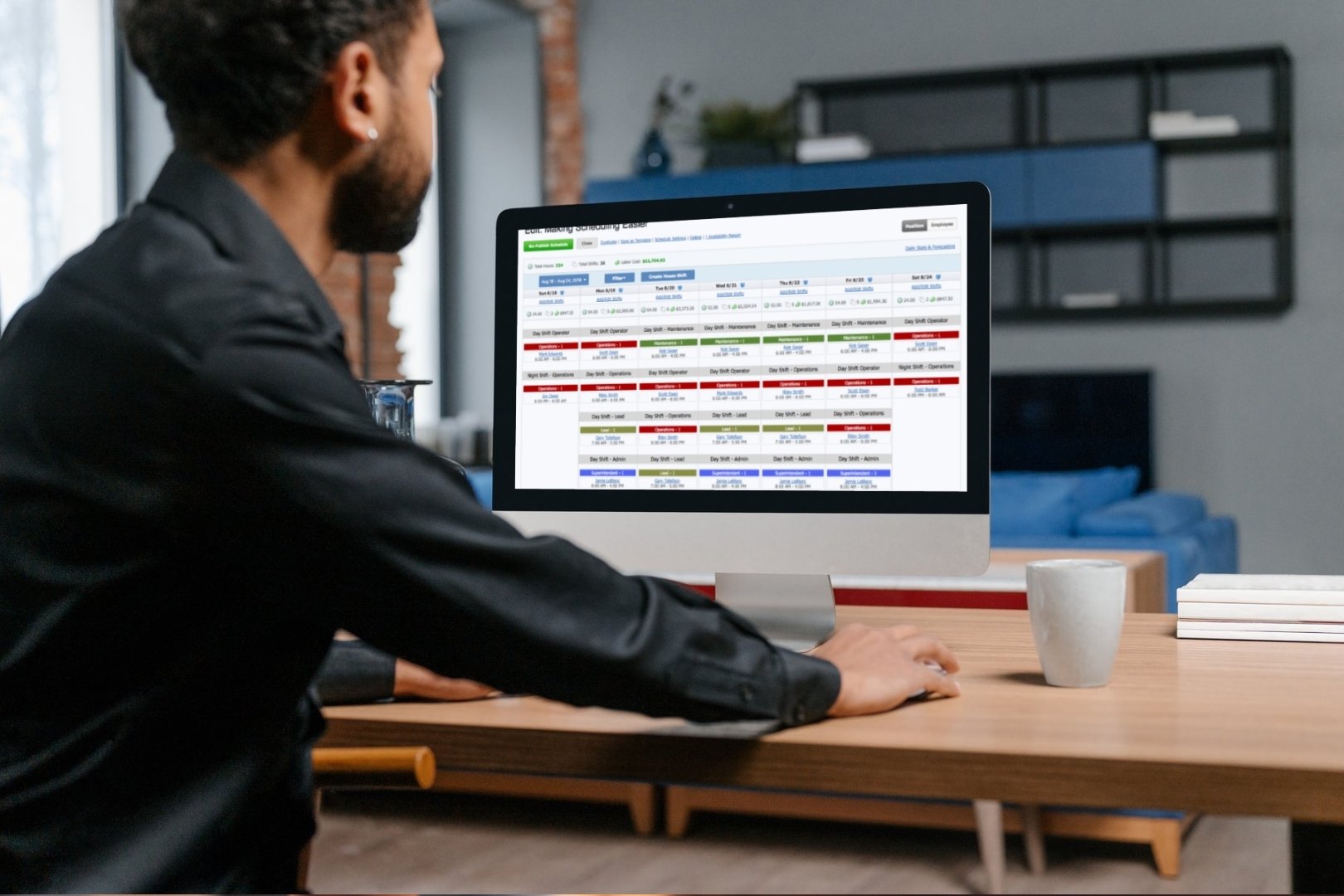Vine Street Pub & Brewery: A Colorado Classic Reborn
If you’ve ever wandered through Denver’s City Park neighborhood on a sunny day, chances are you’ve passed by the vibrant energy of Vine Street Pub & Brewery. Known for its friendly vibes, fresh house-brewed beer, and some of the best veggie burgers and nachos this side of the Rockies, Vine Street is more than just a pub—it’s a community cornerstone.










